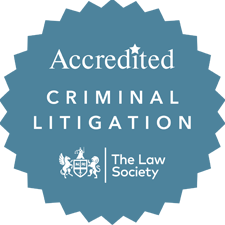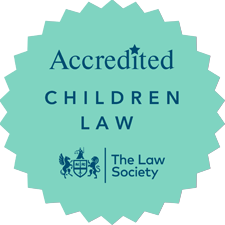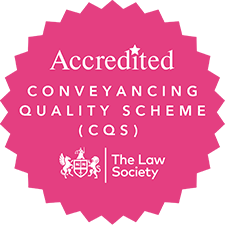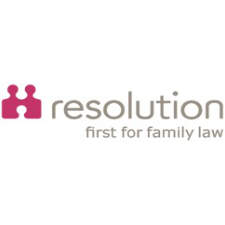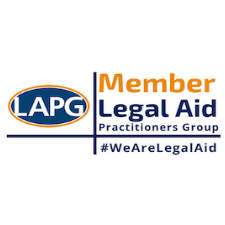Being involved in Care Proceedings is often one of the most stressful experiences a parent or guardian can face. When your family life is under scrutiny of the Family Court, it is natural to want to talk to someone – to seek advice, comfort, or simply be heard. However, because of the sensitive nature of these cases, there are strict rules about what you can say, who you can talk to, and what details can be shared. Recent changes in the law have also introduced new levels of transparency, making it even more important to understand your rights and responsibilities.
Care Proceedings begin when a Local Authority believes a child is at risk of significant harm. They are public law cases heard in the Family Court, and until recently, they were conducted entirely in private. This meant only the parties directly involved and professionals such as social workers and legal representatives could attend. Strict rules of confidentiality applied to everyone. You were permitted to speak to your solicitor, professionals supporting you (such as doctors and therapists) and others involved in the case, but sharing information more widely was prohibited.
That changed significantly in early 2025, when open reporting provisions were introduced across all family courts in England and Wales. Following a pilot scheme that began in 2023, journalists and legal bloggers are now allowed to attend all Public Law children’s hearings, including Care Proceedings, as of January 2025. From May 2025, this will extend to private law cases between parents. This shift has been called a ‘watershed moment’ in family justice, designed to increase transparency, accountability and public understanding of how the Family Court operates.
Although journalists are now entitled to attend hearings, they cannot simply report freely on everything they see and hear. They must first obtain a ‘Transparency Order’ from the Judge. This order sets out the conditions under which they may attend, what documents (if any) they can access, and the limits of what they are allowed to report. Most importantly, all reporting must maintain the anonymity of the children and families involved. This includes names, addresses, schools or any other details that may identify anyone involved in the matter.
You cannot be forced to talk to a journalist, even if they have a Transparency Order. Likewise, you are not permitted to give a journalist any Court documents unless the Judge has specifically authorised it. If you are worried about media attendance, you can raise your concerns with the Court, but Judges are now generally expected to allow reporters into a hearing, unless there is a compelling reason not to.
Despite these new rules, the core principles of confidentiality and child protection remain. You still cannot share details of your case publicly, including on social media. Posting documents or making identifying comments online can amount to contempt of Court and may result in serious consequences.
If you feel overwhelmed or unsure about what is allowed, you can speak to your solicitor. They can explain your rights and support you through a process that is, above all, focused on the welfare and safety of your child.
If you have any questions about Care Proceedings, please get in touch with Johnson Astills to see how we can assist. Please call us at our office in Leicester on 0116 255 4855 or our office in Loughborough on 01509 610 312 and ask to speak to a member of the Care Team. Alternatively, you may prefer to email us at legal@johnsonastills.com or fill in our enquiry form.


